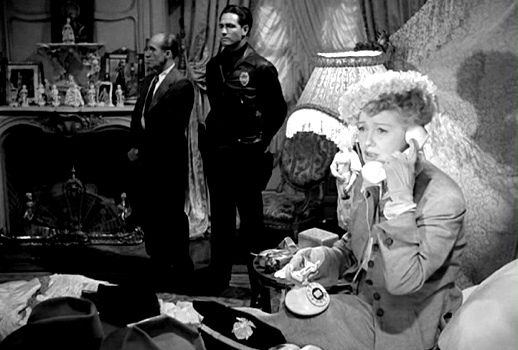

From: Gelb, Peter
Sent: Saturday, May 03, 2014 4:51 PM
To: Public Bulletin Board
Subject: Ensuring the future of the MetDear Members of the Company,
I first fell in love with the Met when I was a part-time teenage usher in the family circle standing room forty-four years ago. In my early twenties, I worked here as a freelance press agent. In my mid-thirties, I was responsible for the Met’s media operations, producing its telecasts on PBS and its Saturday radio broadcasts. I dreamed of someday becoming General Manager.
When I was appointed GM in 2004, it was one of the happiest and exciting days of my life. I was thrilled to once again be working with Maestro Levine and this wonderful company. But I also knew that the Met faced many challenges, since its audiences were ageing and declining. That’s why I pursued – with the support and cooperation of the entire Met family – a new plan of artistic renewal and public initiatives to make opera more accessible, and to help the Met regain its place as the leading opera company of the world, a position that we now once again can proudly claim.
This couldn’t have been achieved without the efforts of all of you: the Met’s great artists and artisans; its peerless orchestra and chorus; our singing stars; our music staff and librarians; our guest conductors; our plan artists; our supers and our dancers; our gifted and hard working stagehands and the army of behind-the-scenes talents – our construction, scenery and costume shops; our designers and directors; our stage managers; our box office and call center; our scenic painters; our wigs and makeup artists; our wardrobe department; our ushers and cleaners; our security, safety men and building engineers; and our tireless administrative team.
But today, as we approach the end of the season – my eighth season as General Manager of the company that I love and respect and that I will continue to serve to the fullest – we face the biggest economic challenge in the company’s history.
In the last year, we have seen the demise of New York City Opera and the collapse of other companies in this country and abroad. Earned revenue from ticket sales for opera across the United States is diminishing and we can’t count on annual donations to continue to increase to make up the difference. Today, with 2/3 of the Met’s annual budget in excess of $300 million going towards union payroll and benefits, we have to make an adjustment to ensure the future sustainability of our company. We must act now before it is too late.
That is why, for the first time in decades and with the support of the Met’s Board, the Met is asking for a limited cut in our costs. If we are able to achieve a reduction in our costs, our donors will be inspired to help shore up our endowment. In fact, the Board has made that a condition of their rebuilding of the endowment. The combination of reduced costs and a greater endowment will result in the Met achieving a sustainable business plan for at least the next five to ten years.
There are many inaccurate rumors flying around about the size of the cuts we are seeking. First, the planned reductions will be shared equally by the administrative staff. Since we are in this altogether, I have promised the union leaders that the administrative staff costs will be reduced by an overall amount equal to what is ultimately agreed to by the unions. Our proposals to the unions with the most highly compensated employees are in the range of reductions of 16% to 17%. These are our initial proposals in our good faith effort to achieve necessary savings. We intend to avoid reductions, wherever possible, in the compensation of our lower-paid union and administrative employees.
In order to ensure the future of the Met, and the livelihood of all of our employees, we must try to look beyond the immediate pain of a reduction in pay. With a new business model in place, adjusted to today’s reality of a smaller audience for opera, we will be able to guarantee the jobs, health care, and pensions of our hard working and talented employees. Without this change, the Met will not be able to survive.
I ask for you to be open to this plan. It is in the best interest of yourselves and your families, as well as for the institution that we all love.
Thank you for a season of artistic success and for your understanding of what we need to accomplish.
With my best wishes to you and your families,
Peter Gelb


























Comments